Introduction à l’injecteur chimique pour tuyau
L’injecteur chimique pour tuyaux joue un rôle crucial dans de nombreux environnements industriels. Ces appareils Dosent avec précision les produits chimiques dans un pipeline, assurant un contrôle efficace du processus et une protection contre la corrosion, l’entartrage et l’encrassement biologique. Des industries telles que le pétrole et le gaz, le traitement de l’eau et la fabrication dépendent fortement de ces systèmes pour maintenir leurs opérations et protéger leurs infrastructures. L’injection précise de produits chimiques permet également de se conformer aux réglementations environnementales en contrôlant les émissions et les effluents. Ce guide se penche sur la mécanique, les types et l’entretien des injecteurs chimiques. Il aborde également les dernières innovations et pratiques de sécurité associées à ces outils industriels essentiels. De plus, nous explorerons les problèmes courants et les techniques de dépannage, ce qui vous permettra de bien comprendre comment optimiser l’utilisation des injecteurs chimiques dans n’importe quel contexte industriel. Commençons donc notre plongée dans le monde des injecteurs chimiques pour tuyaux.
Nom | Pipeline Plume d’injection chimique Système d’échantillonnage | |
| Matériel | Acier inoxydable 304, acier inoxydable 316, DSS F51, acier au carbone A105N, Inconel 625 | |
| Température de fonctionnement | -20±120 | |
| Caractéristique | 1. Utilisation facile | |
| 2. Haute précision, longue durée de vie | ||
| 3. Haute efficacité, faible coût | ||
| Paiement | TT/LC | |
| Avantage | Tout d’abord, ils sont légers et flexibles. | |
| Deuxièmement, une belle efficacité d’injection. | ||
| Enfin un suivi précis de la localisation. |
Comprendre les injecteurs chimiques
Qu’est-ce qu’un injecteur chimique ?
Un injecteur de produits chimiques est un appareil qui mesure et injecte avec précision des produits chimiques dans un flux de fluide à l’intérieur des tuyaux. Il remplit des fonctions cruciales telles que la purification de l’eau, la prévention de la corrosion et l’amélioration de l’efficacité des processus industriels. Dans le domaine des injecteurs chimiques, les variétés abondent. Les injecteurs volumétriques, par exemple, fournissent des volumes chimiques précis dans des conditions de pression variables. Les injecteurs Venturi, quant à eux, utilisent une différence de pression créée par l’écoulement du fluide pour induire l’injection de produits chimiques. Chaque type trouve sa niche dans différentes industries en fonction des besoins spécifiques de l’application.
Composants d’un injecteur chimique
Chaque injecteur chimique se compose de plusieurs composants clés qui travaillent ensemble pour assurer son bon fonctionnement. Les pièces principales comprennent une pompe, une soupape de régulation, une buse d’injection et souvent une chambre de mélange. Un schéma illustrant ces composants montrerait la pompe puisant le produit chimique d’un réservoir, la soupape de régulation régulant le débit et la buse dirigeant l’injection dans le flux. Comprendre le rôle de chaque composant aide au dépannage et garantit le bon fonctionnement de l’injecteur.
Comment fonctionnent les injecteurs chimiques
Les injecteurs chimiques fonctionnent selon un processus assez simple mais finement réglé. Initialement, l’injecteur puise une quantité mesurée de produits chimiques dans un réservoir de stockage. Il propulse ensuite ce produit chimique dans le pipeline où il se mélange au flux de fluide principal. Cette intégration se produit souvent sous haute pression et dans des conditions contrôlées pour assurer un mélange complet. Le rôle des injecteurs chimiques s’étend à diverses industries, de l’amélioration de la récupération du pétrole dans le secteur pétrolier à la garantie de la pureté de l’eau dans les installations de traitement. Chaque application s’appuie sur le fonctionnement précis et fiable de ces injecteurs pour répondre à des normes opérationnelles et environnementales strictes.
Matériaux d’injecteur chimique
Considérations relatives aux matériaux pour les injecteurs chimiques
Le choix des bons matériaux pour les injecteurs chimiques est essentiel à leurs performances et à leur durabilité. La nature chimique, la température et la pression de l’application dictent le choix du matériau. Les matériaux courants comprennent l’acier inoxydable, le PVC, le titane et l’Hastelloy, chacun offrant différents niveaux de résistance à la corrosion et de réactivité chimique. L’acier inoxydable, par exemple, convient à de nombreux environnements en raison de sa robustesse et de sa résistance à la corrosion. Cependant, pour les produits chimiques plus agressifs, des matériaux comme le titane ou l’Hastelloy peuvent être nécessaires. Par conséquent, il est essentiel de comprendre les besoins spécifiques de l’application pour une sélection optimale des matériaux.
Résistance à la corrosion et adéquation des matériaux
L’interaction entre les matériaux et les produits chimiques est une considération majeure lors de la conception d’injecteurs chimiques. L’association des matériaux avec des produits chimiques garantit une fiabilité à long terme et évite les défaillances prématurées. Par exemple, le PVC peut convenir aux traitements d’eau doux, mais peut échouer dans les conditions difficiles des processus de récupération du pétrole. Plusieurs études de cas mettent en évidence les conséquences d’un mauvais choix de matériaux, tels que la défaillance des injecteurs en raison de la corrosion due aux acides sulfuriques, tandis que d’autres démontrent des succès où des matériaux comme le téflon ont fourni des performances durables dans des environnements hautement corrosifs. Ces exemples soulignent l’importance d’une sélection minutieuse des matériaux en fonction des propriétés chimiques et de l’utilisation prévue.


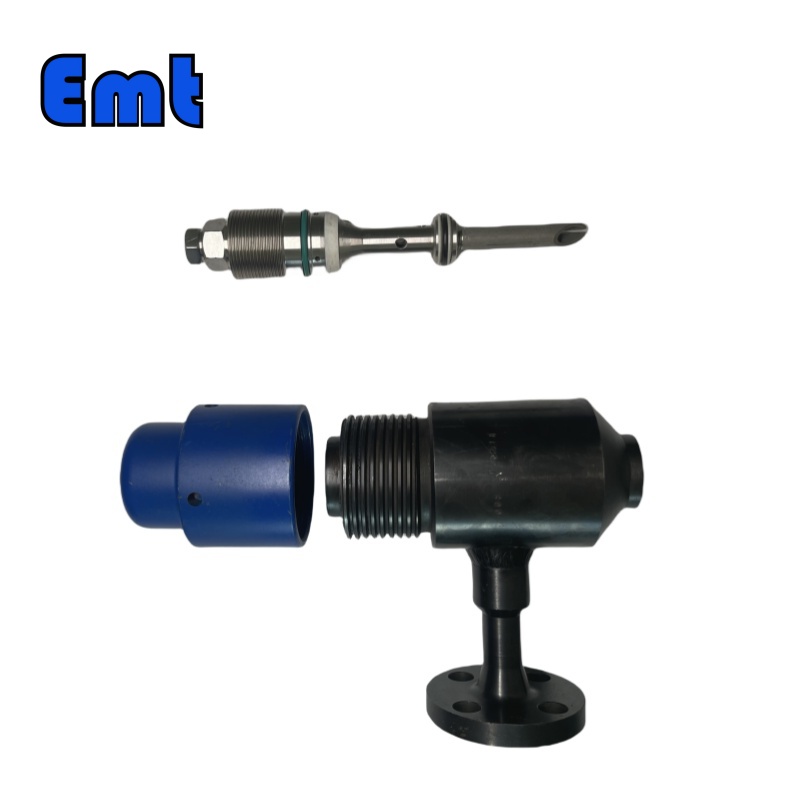
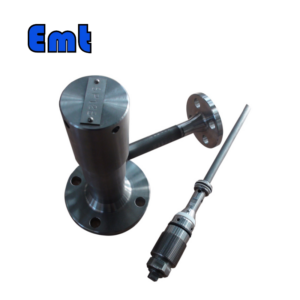
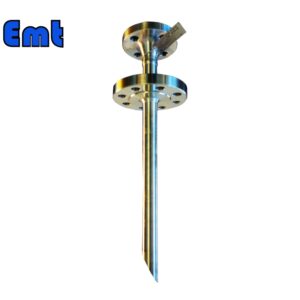
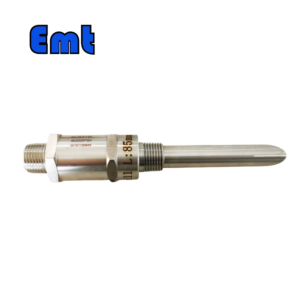
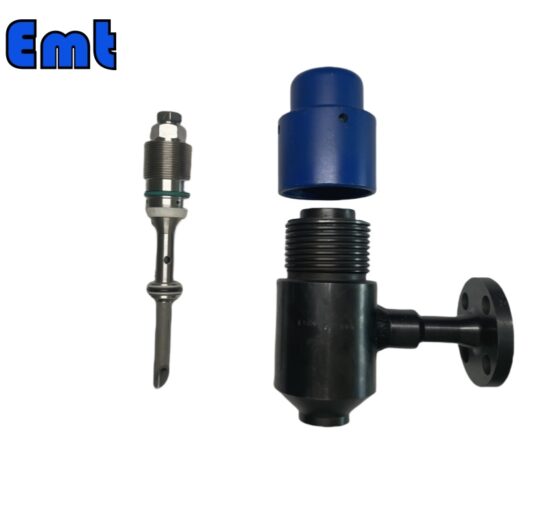
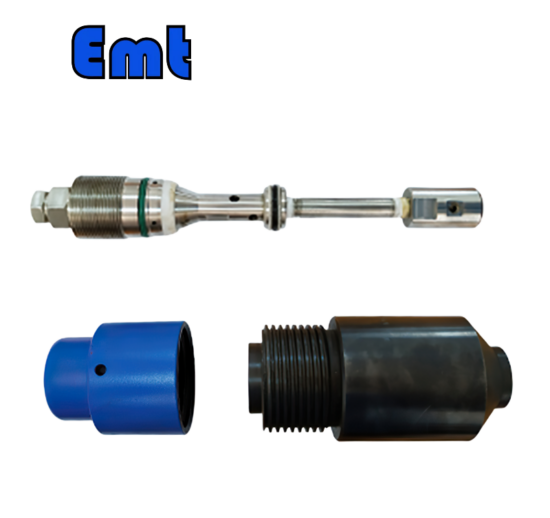
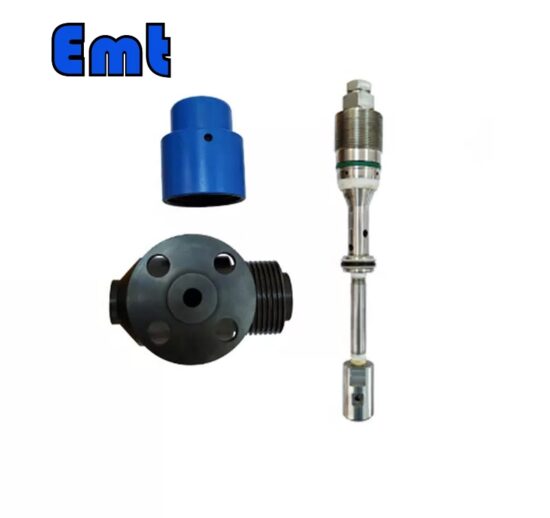
Il n’y a pas encore d’avis.